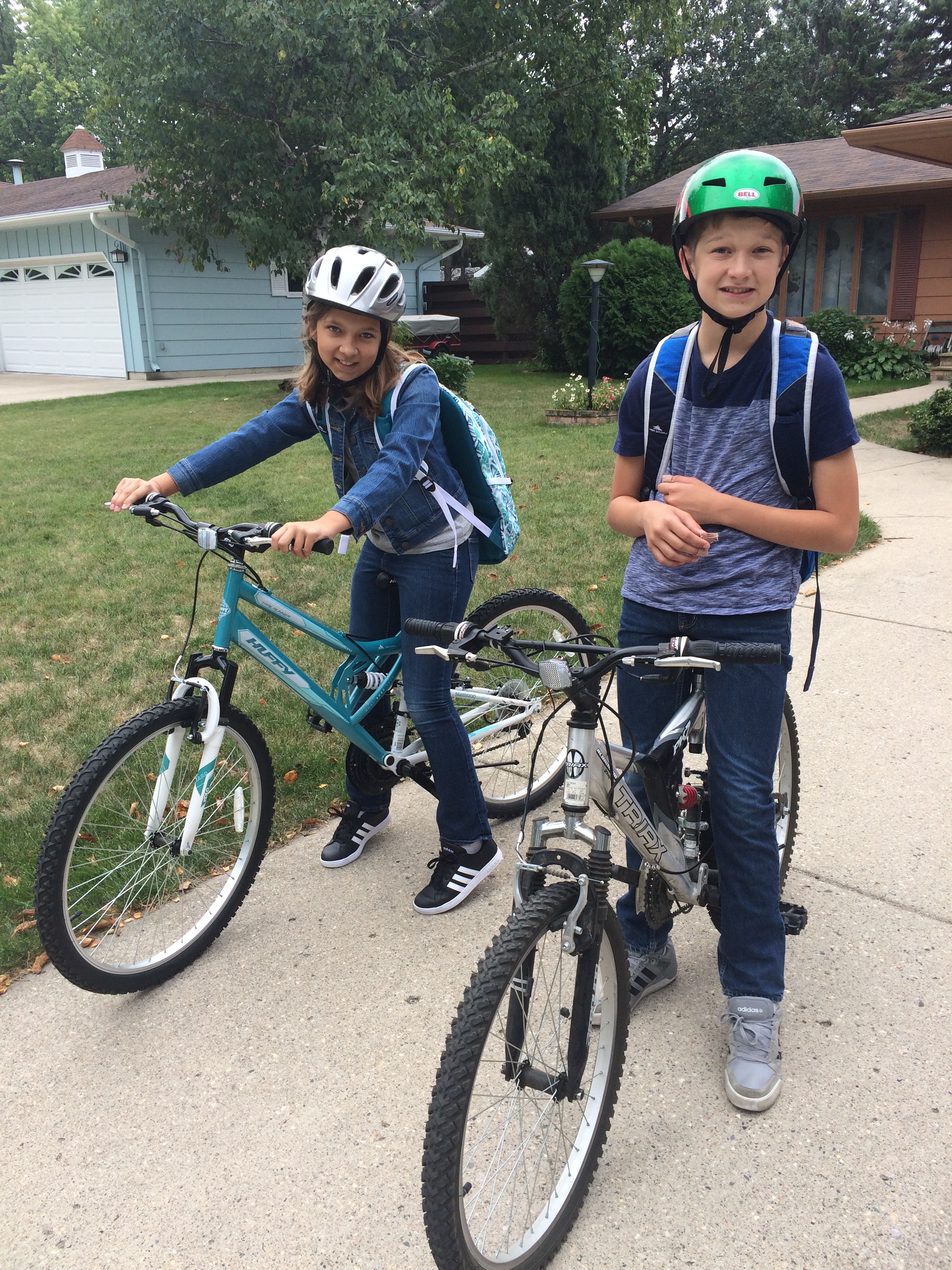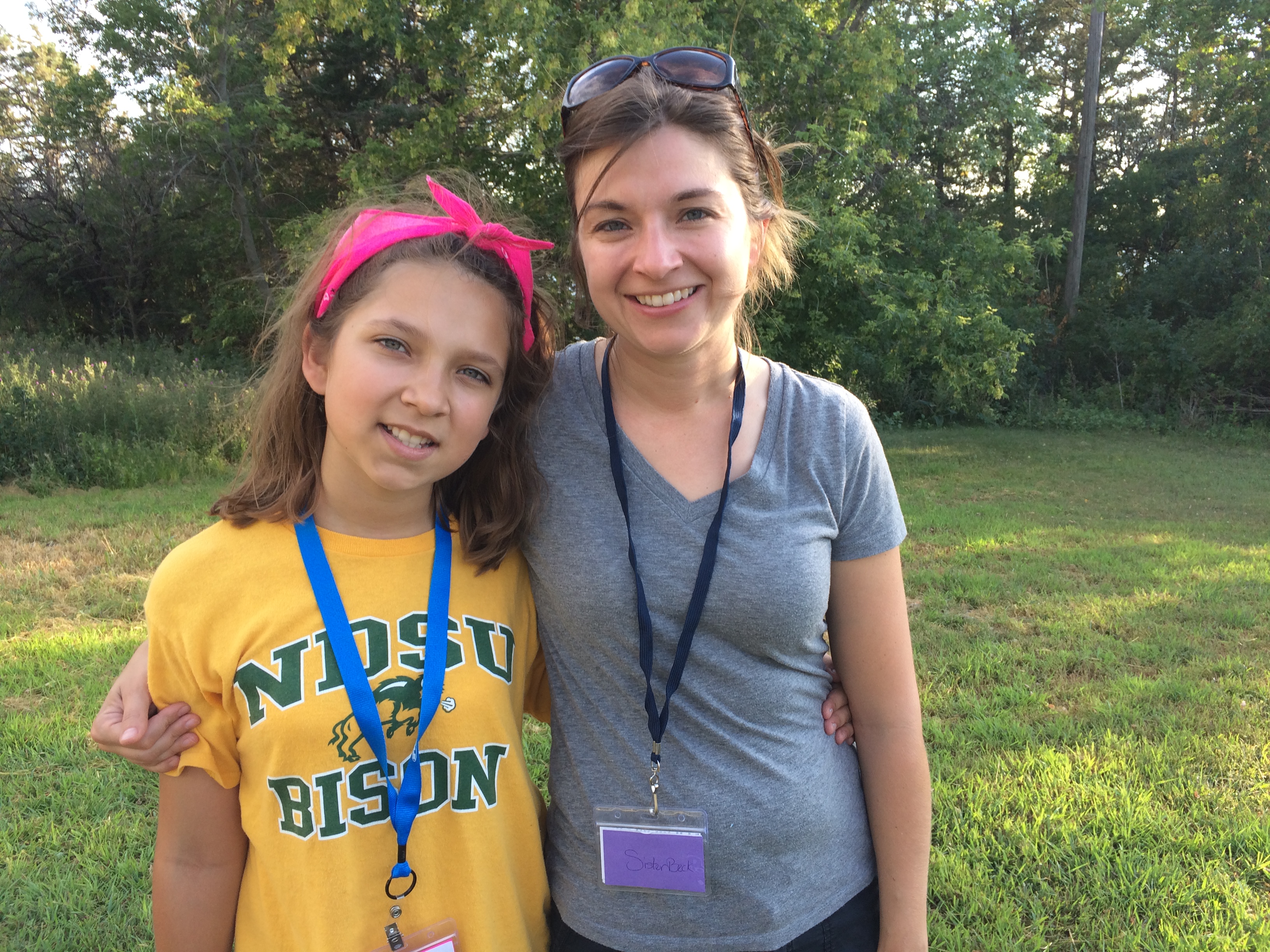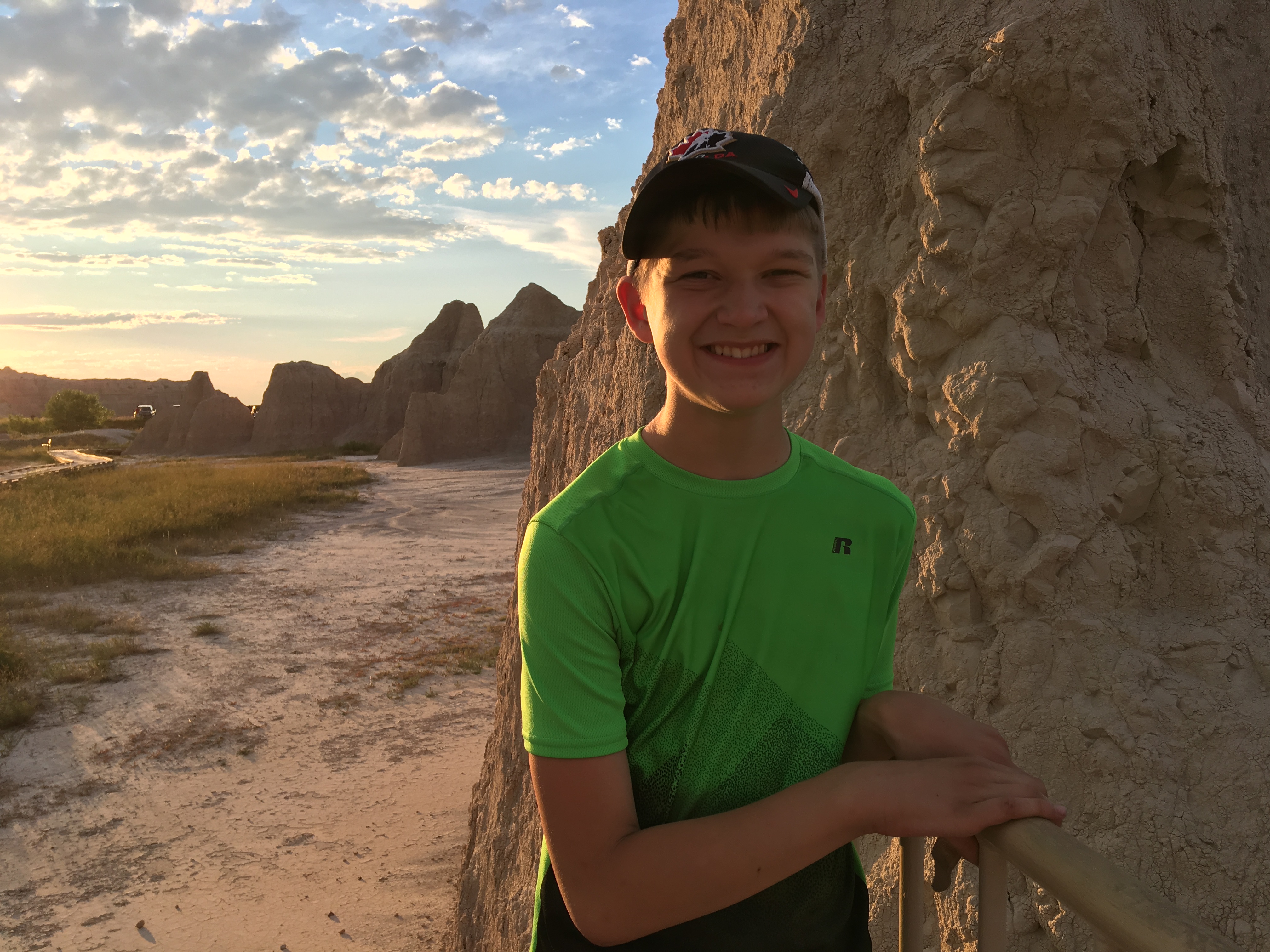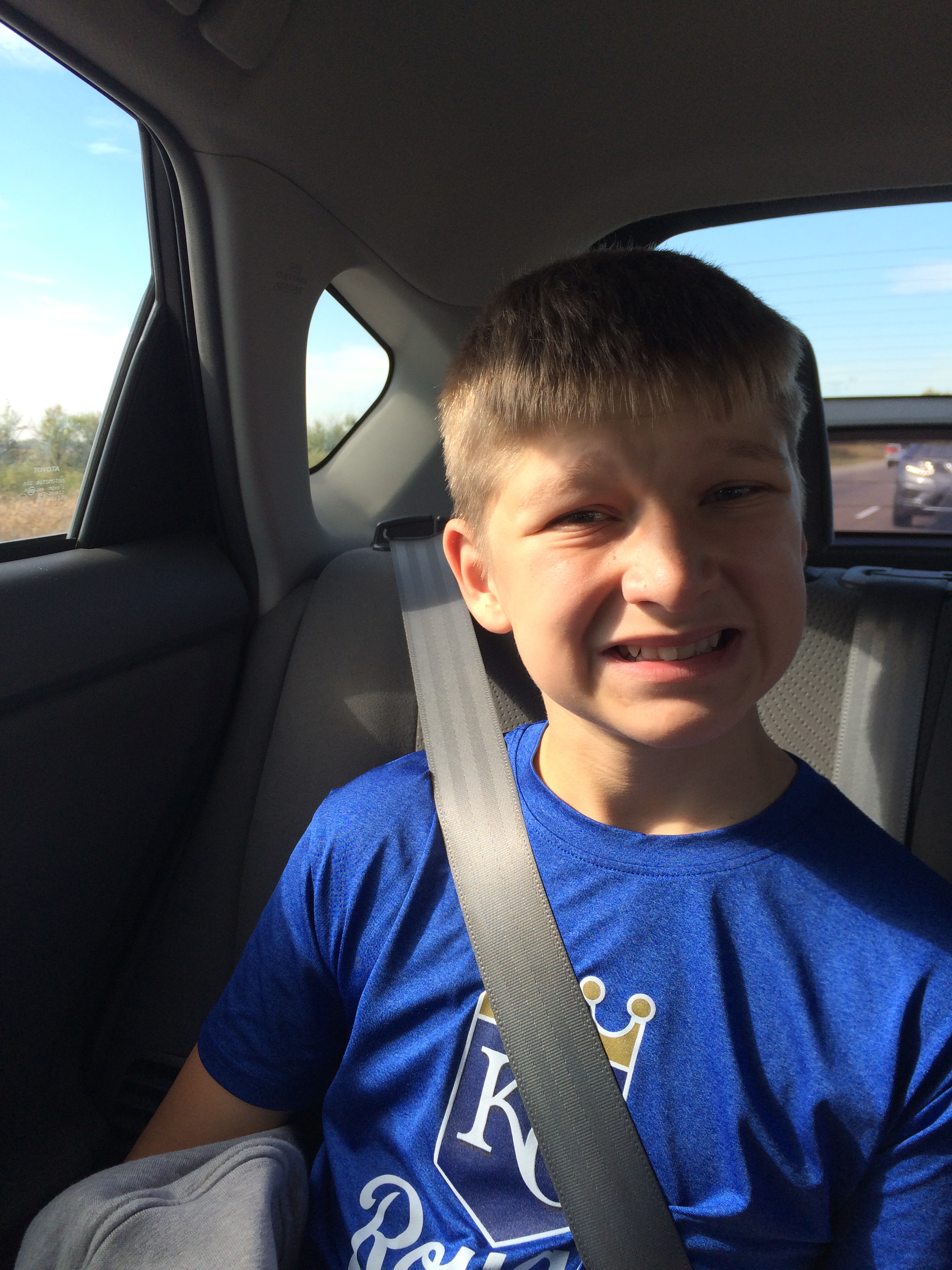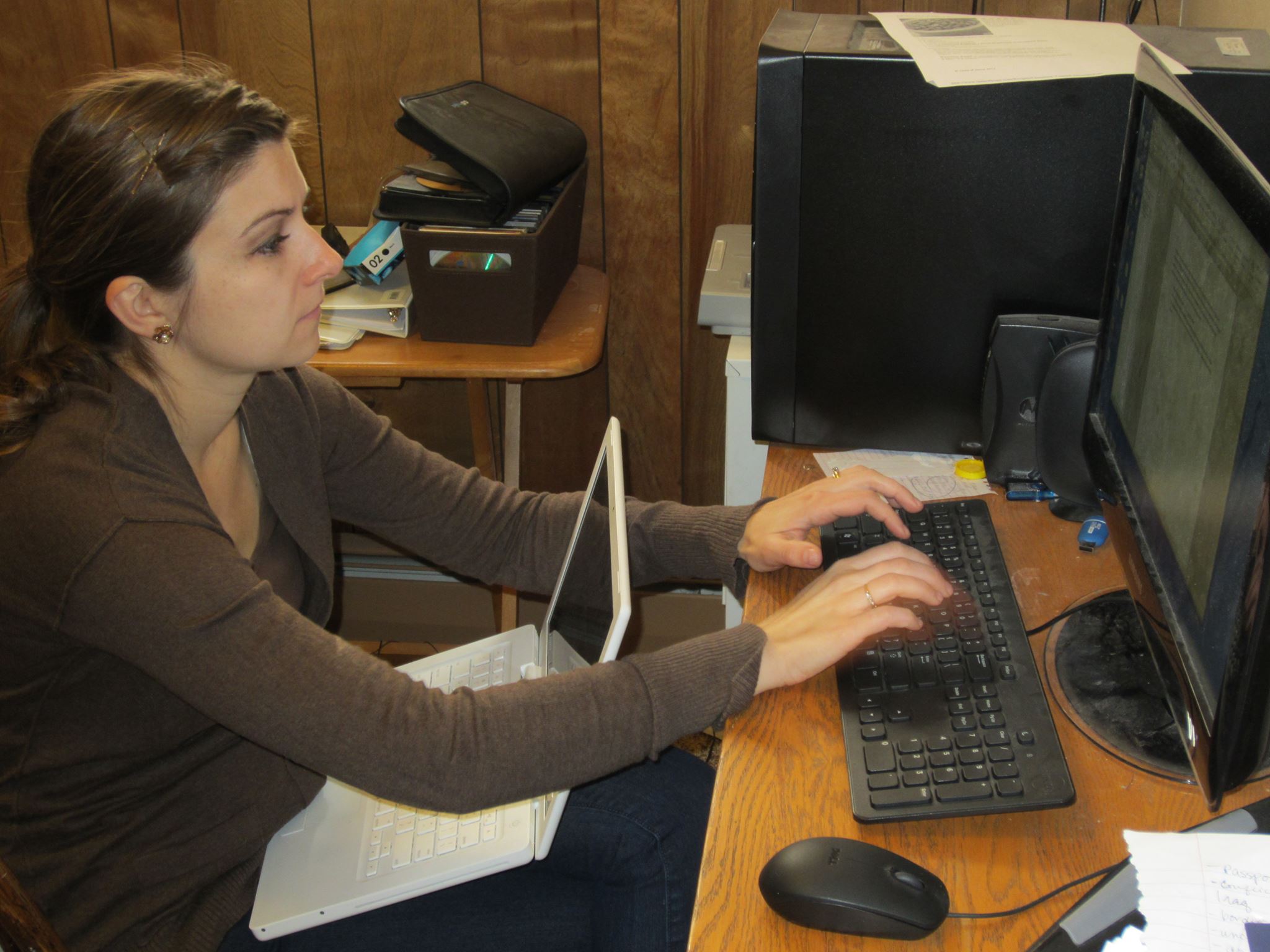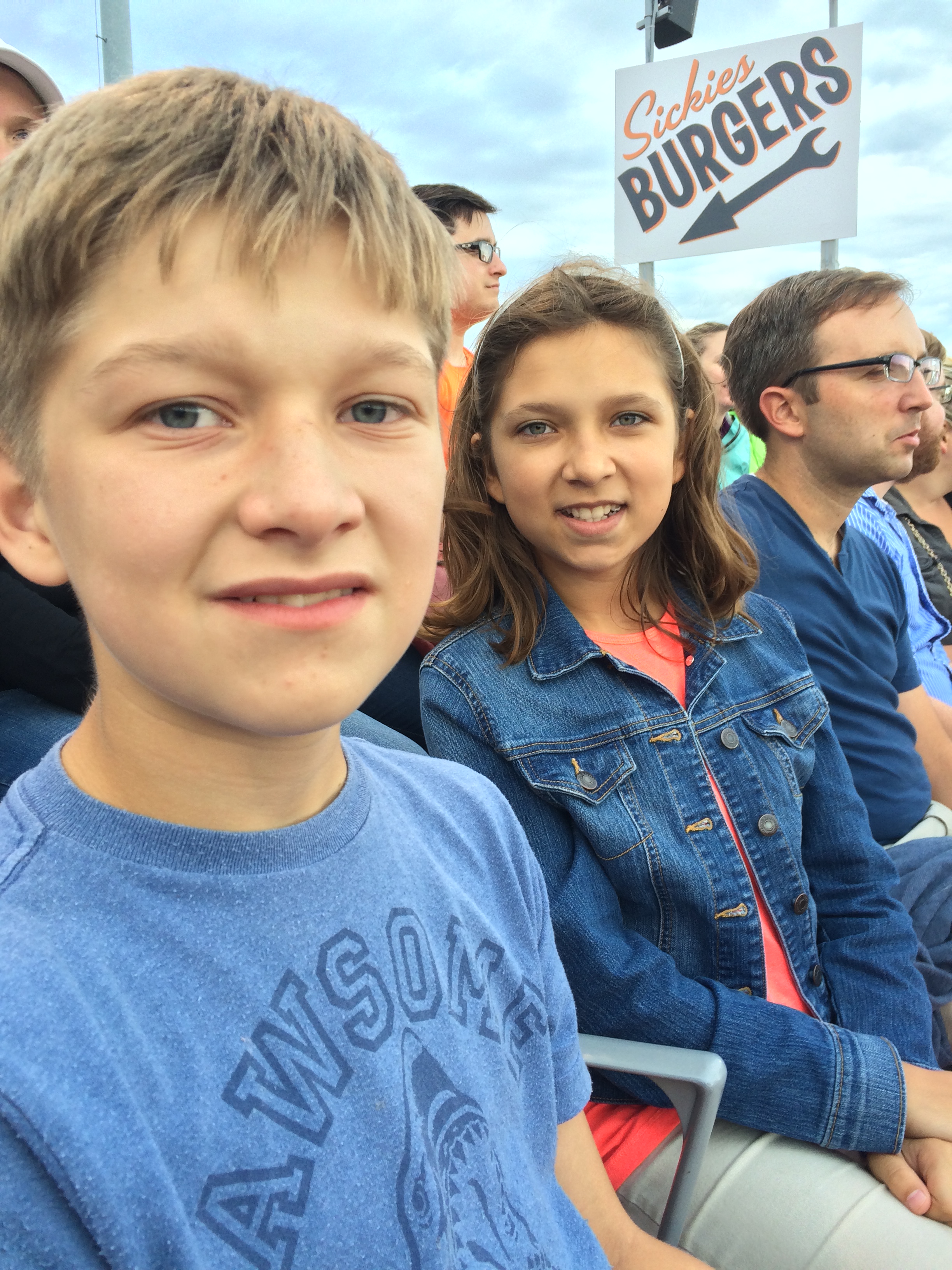
Concussions, autism, and processing
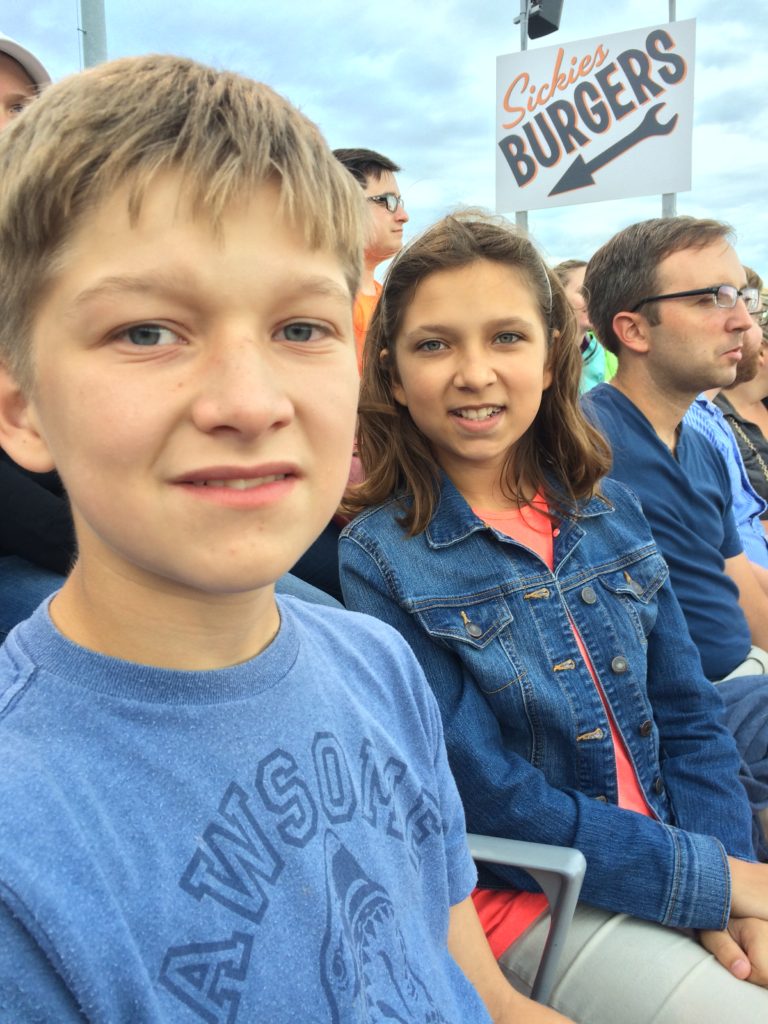
Thursday morning threatened rain. Not just a light drizzle, but a big Midwest rain. The cross country team runs no matter what the weather is and so as we ran out the door that morning for practice, I pulled J’s windbreaker out of the closet along with a baseball cap. I’ve been trying to get J to be okay with running in the rain. He absolutely hates running in the rain. In the rain he runs like the walking dead, arms locked by his side, his shoulders up to his ears. He has sensory issues with wet clothes. He hates rain in his eyes. I thought the wind breaker might keep him drier and keep his clothes from driving him crazy. I thought the visor on the ball cap might help keep the water out of his eyes.
We got to the high school ready for the rain to pour when we find out that there’s a change in plans. All sports were inside today and there was staff watching the radar because of the intense lightning and thunder.
Great, I thought. Change of plans always flies well with autism.
But J handled the change just fine. He was happy not to have to put up with a rain run. The coaches did the best they could to try to keep the kids busy inside. The girls’ team ran laps around the itty bitty indoor track (the one where 13.5 laps equals a mile) and half of the boys team was sent to do their imPACT test –a computerized test that all athletes need to take to check for concussion trauma whether they’ve had a concussion or not–by the trainers’ office. When the coach told me that J was one of the boys who needed to take the imPACT test, a feeling of dread sink in my stomach.
“I don’t think the test is going to–work–for J.” I explained. “J doesn’t test well because of his autism.”
Turns out J still needed to take the imPACT test the same as the other kids. J has never taken an IQ test and has opted out of almost all standardized testing because everyone who works with him feels that those kind of tests would never give us a true picture of his cognitive abilities (because there are so many processing issues and attention issues and compulsive issues in the way). I was anticipating the imPACT test to be the same way. That J would produce a false positive of history of multiple concussions and that I would have to explain to people we didn’t know and who didn’t know J and the whole autism thing. I’m an introvert. I hate asserting or explaining atypical situations to people I don’t know face to face.
I knew this test was going to be especially awful, because W had taken it two days before and asked me, “Has J taken the imPACT test yet and did you help him? Because it’s really hard.”
If W is saying the test is hard, you know it’s going to be hard.
I sat beside J in the computer lab with the other kids all while there was a lightning show going outside the window accompanied by interruptions of thunder. I whispered the instructions to J as he clicked on the medical history sections, filling out answers to questions like “have you ever had a concussion” “have you been diagnosed with any of the following: autism, attention deficit disorder, dyslexia…” I’m sure there were more choices listed, those are the first three I noticed because they were all processing disorders and J has two of them. It was also at that point that I realized J hadn’t taken his meds for his anxiety or adhd. Yes, this test was going to be awesome.
And then J started the test and I realized this test was mostly testing processing and recall. The test involved multiple sections that all involved memory recall. One section showed about 15-20 words in a row and then flashed a list of words in succession and J had to identify which were part of the original list and which were not. He did really well at this (the test tells you as soon as you respond if you’ve gotten it right or wrong). It was funny to watch J as he tried to remember the words. He would look at a word, close his eyes, open again for the next, close them again, as if he were taking pictures of the words. I was trying to remember them along with him (just so I could see how badly this would go) and I tried to memorize them by association (water, liquid, ice, bucket, are similar words). He ended up getting more of them right than me when I kept along in my head.
Then there were sections with more abstract association–different abstract lines and squiggles (about 15-20 again) flashed in a row and then mixed up with others later. Once again, J had to identify which were from the original list and which were “added in.” I’m not sure if he got one of those right.
There were tasks where J had to associate basic shapes with letters (which he seemed to do okay on–a triangle=3, 3 sticks=4. an infinity sign=9, etc). J bombed the visual proprioception part (remembering which x and os were lit up on different patterns on a screen), did pretty good when he had to count backward from 20 and then remember a 3 letter word combination shown just before the countdown. Then, just as I thought the test was done, J was asked to remember the 15-20 word list he had to memorize at the beginning of the test (35 minutes earlier) and he he did almost as well as he did the first time he did it.
I came out of that lab with all sorts of thoughts and feelings. This was the first time I’d ever seen J participate in a test like this and it really opened my eyes to J’s strengths and deficits–he’s not bad at all visual processing. Sometimes his memory is there and sometimes it’s almost non existent (because of his processing skills). Concrete words are J’s strength. Abstract symbols don’t register. Once again, proprioception (where things fit spatially on a page) is terrible. He can be distracted from a task and then go back to an old task with no problems, as long as it’s in his field of strength (concrete images and processing). It made me think about some of the generalizations we make with autism–about how we think all kids are visual learners. J is a really good visual learner sometimes, and at other times he isn’t.
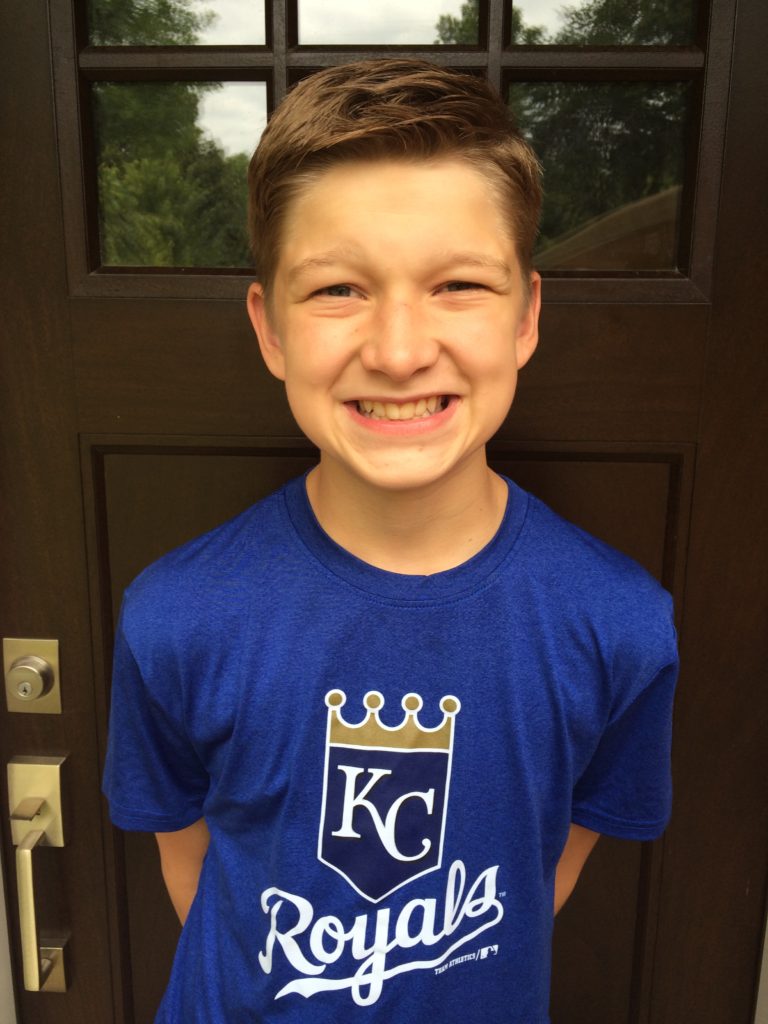
I don’t know J’s official score on that test. I’m not even sure what a “good score” on that test looks like. W took the same test the day before and she said she bombed the abstract squiggles and she has no processing issues that I’m aware of and she’s never had a concussion. As I followed along with J, I wasn’t scoring high marks in every single section either.
I’m not sure how these scores match up or measure up to what a brain with concussion injuries looks like. It makes me curious to see how a concussion brain’s processing matches up with the learning and processing disorders like autism, adhd, and dyslexia. How does autism processing and concussion brain processing measure up and compare on paper?
I wonder what would happen if we did testing like this with our kids with learning and even behavioral issues (because behavioral issues often come from learning issues). I wonder if we could better pinpoint exactly what areas and issues these individual kids have in their processing issues. I feel like so much of trying to figure out learning and behavioral issues could be made easier if we could get some sort of measurable data from the student. It would avoid some of the blind shots in the dark and a lot of frustration for the student. School sports takes concussions very seriously. It’s screened for in the sports physical, a separate concussion form filled out by the student online, and then they take the imPACT test to see how their brain processing is functioning.
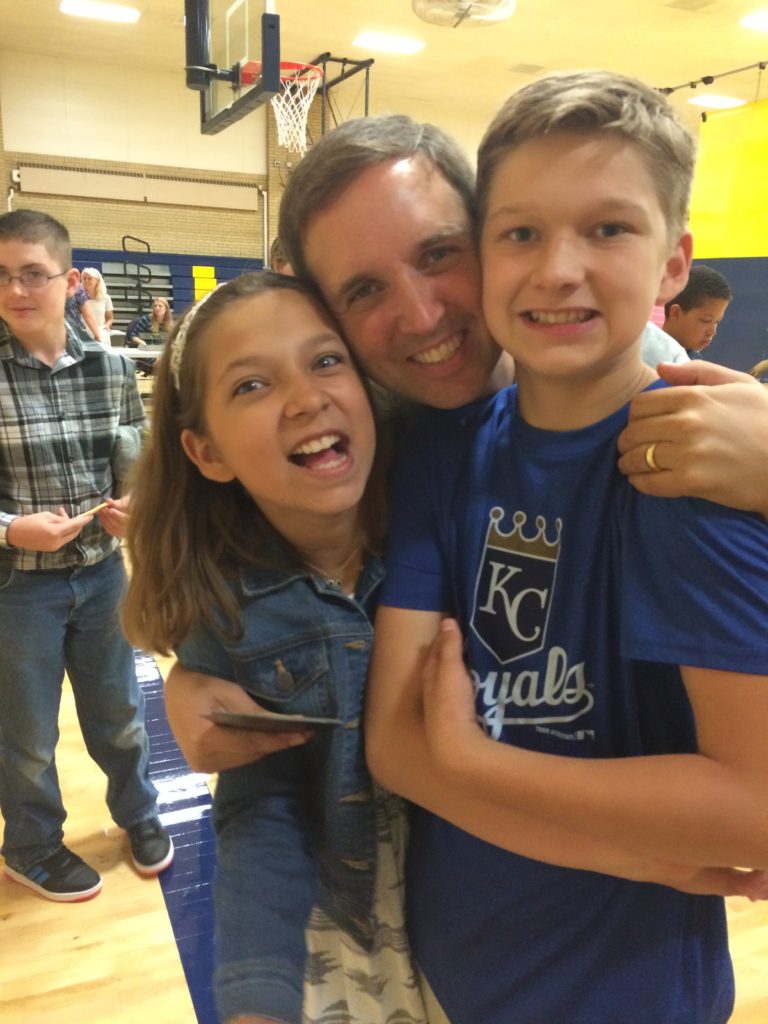
What if we screened all special needs kids the same way we screen our school athletes? It seems like it could just as easily be done, and it might just really help students and teachers.
J’s track and cross country experiences have me considering more aspects of his autism than his school experiences have previously done. I’ve seen his physical struggles a little better. The wet noodle arm that shows how much his right side of his body struggles in all sorts of processing. It’s the left hemisphere that controls the right side of the body (which also happens to control a lot of language processing–interesting right?)
Just a few weeks ago J’s dr performed J’s sports physical for the season and was shocked in how J’s severe pronation (ankles tipping inward while standing) has almost disappeared. This was the same dr two years ago who said that J would most likely have to wear AFOs for the rest of his life because his pronation was so bad. The only guess the dr had was that running daily over this last year has improved J’s proprioception and consequently his gate.
Maybe it’s time to start considering a little more how much J’s physical body and brain are connected.
